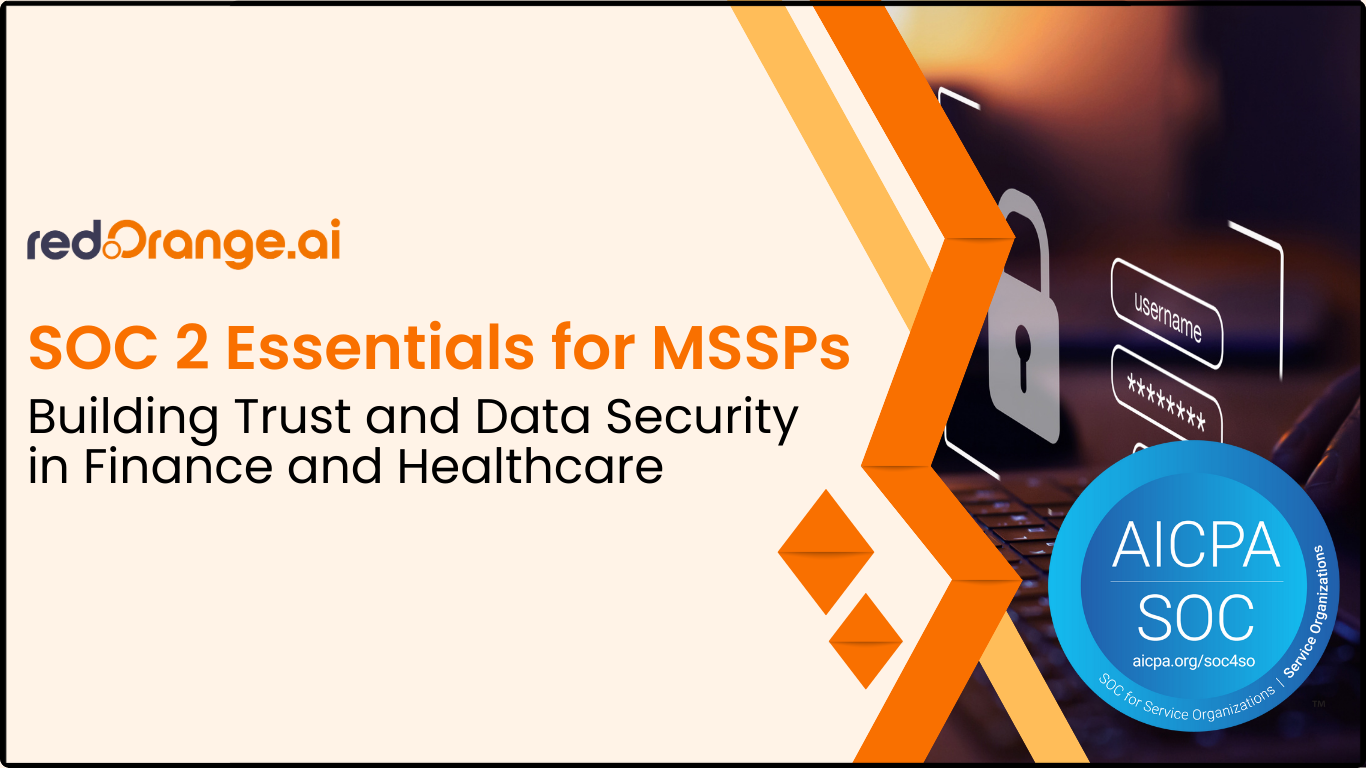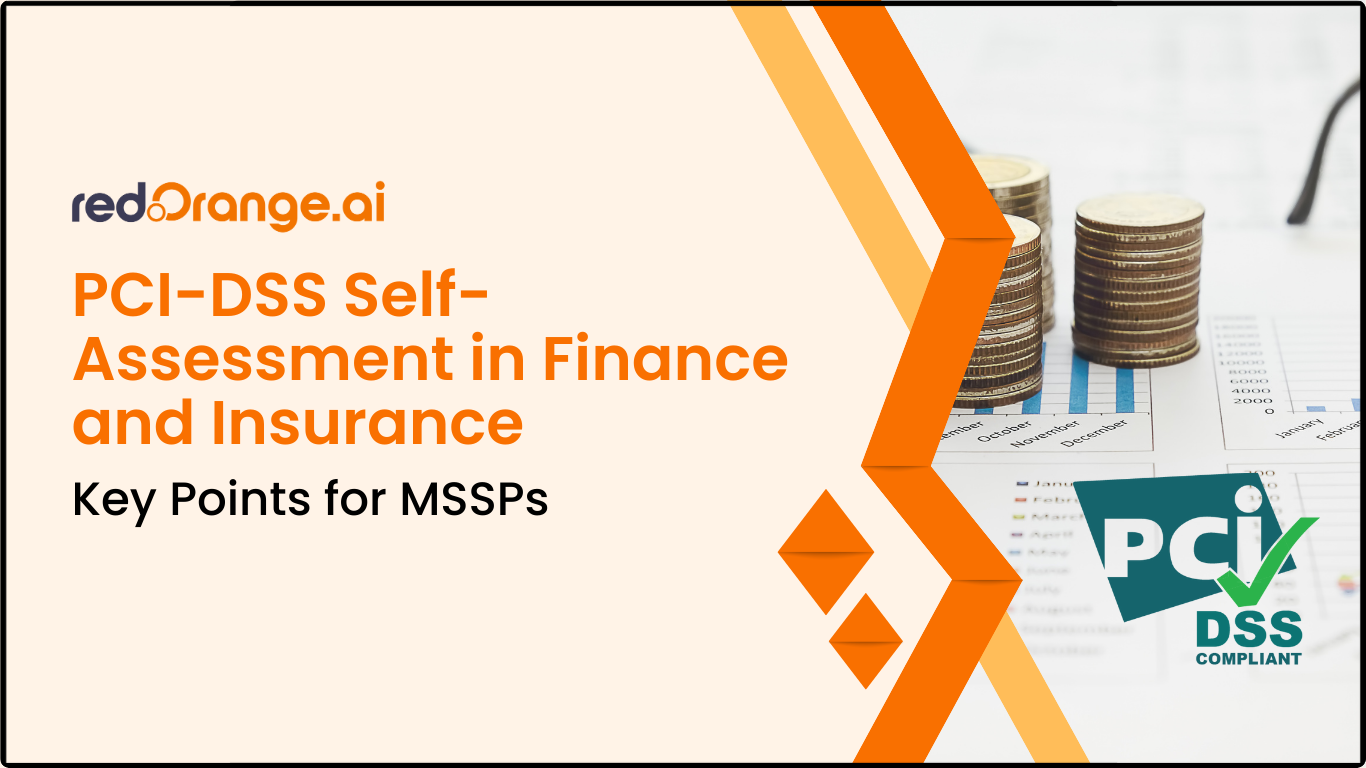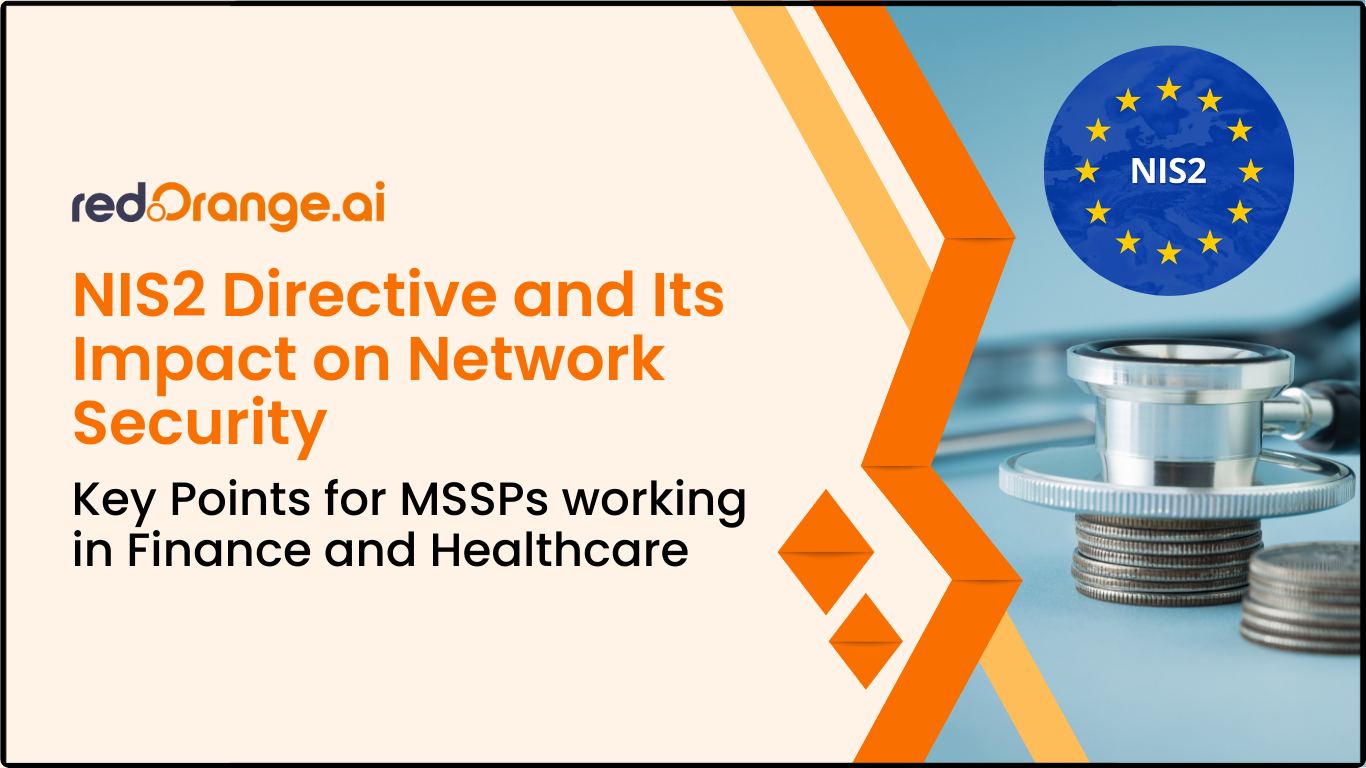SOC 2 Essentials for MSSPs: Building Trust and Data Security in Finance and Healthcare

Understanding SOC 2 Compliance
SOC 2, or System and Organization Controls 2, is more than an acronym — it’s the backbone of data security for organisations that handle sensitive information. Created by the American Institute of Certified Public Accountants (AICPA), SOC 2 centres around five Trust Service Criteria that MSSPs live by to assure clients of their security commitment:
- Security: Guarding system resources against unauthorised access. Availability: Keeping systems accessible and operational as promised.
- Processing Integrity: Ensuring data processing is complete, accurate, and timely.
- Confidentiality: Shielding information deemed confidential.
- Privacy: Managing personal information as outlined in privacy policies.
For MSSPs serving clients in finance and healthcare, SOC 2 compliance is a critical measure to assure clients of data protection.
According to the IBM Cost of a Data Breach Report 2024, healthcare continues to experience the highest breach costs, with an average of $9.77 million per breach, followed closely by the financial sector at $6.08 million. These high costs underscore the importance of robust compliance frameworks, like SOC 2, to build client trust and reduce the financial impact of potential breaches.

Key Components of SOC 2 Compliance for MSSPs
Each Trust Service Criterion in SOC 2 — Security, Availability, Processing Integrity, Confidentiality, and Privacy — plays a specific role in building this trust. Let’s explore how these criteria create a foundation of reliability and transparency that clients in finance and healthcare can rely on.
Security
When it comes to security, there’s no room for error.
For MSSPs, protection against unauthorised access is paramount. SOC 2’s security criterion requires rigorous measures, including proper firewalls, intrusion detection systems, and regular vulnerability assessments, to ensure data remains safeguarded from malicious actors.
With cyberattacks on financial services up by 17% in 2023, the stakes for MSSPs are higher than ever. Each layer of security not only strengthens data protection but also reassures clients that their information is handled with the utmost vigilance.

Availability
Imagine this: your systems go down, and clients suddenly lose access to critical data. For MSSPs, ensuring high availability — often up to 99.99% uptime — isn’t just a technical goal; it’s a trust factor. SOC 2’s availability criterion emphasises operational resilience, ensuring that systems remain accessible even amid unexpected events.
This reliability is crucial in sectors like finance and healthcare, where downtime can result in significant disruptions and financial losses
Processing Integrity
By meeting this criterion, MSSPs demonstrate a commitment to delivering reliable, error-free services that clients can count on.
Confidentiality
In fields governed by stringent regulations like GDPR and CCPA, confidentiality is more than a best practice. It’s the law.
SOC 2’s confidentiality criterion mandates robust data protection measures, including encryption and access controls, to safeguard sensitive client information. For MSSPs working with finance and healthcare clients, this commitment to confidentiality is critical for maintaining compliance and upholding client trust.
Privacy
Privacy breaches don’t just equate with hefty fines. It has the potential to completely damage the reputation. Under GDPR, non-compliance can lead to fines of up to 4% of a company’s global revenue.
SOC 2’s privacy criterion prioritises lawful data handling, which ensures MSSPs are not only protecting personal information but also adhering to privacy regulations. This emphasis on privacy builds client confidence and strengthens the foundation of a trusted partnership.
Building Trust with Clients
Transparent Communication
According to a study by PwC, 87% executives think consumers have a high level of trust in their businesses. But only 30% of consumers say they do.
Nothing builds trust like transparency.
Clients want to know what’s happening behind the scenes, and regularly updating them on security measures, incidents, and compliance status creates a sense of security
Third-Party Audits
This is where third-party audits come into play. By bringing in independent auditors, MSSPs can gain an objective, external assessment of their compliance practices, which serves as a powerful confidence booster for clients. Independent audits provide a clear, unbiased view of an MSSP’s security controls and protocols, confirming that these measures meet high standards.
In sectors like finance and healthcare, where data sensitivity is paramount, this external validation is invaluable.
Incident Response Plans
In today’s threat landscape, it’s not a matter of if a security breach will occur, but when.’
Clients, particularly in finance and healthcare, expect MSSPs to be prepared for the worst. When breaches occur, they want immediate and decisive action to contain the damage and protect their data.
This is where a well-structured incident response plan becomes critical. It includes protocols for communication, containment, and recovery, ensuring that every team member knows their role in managing the crisis.
Continuous Improvement
For MSSPs, this means consistently reviewing, upgrading, and adapting their security measures to address new vulnerabilities and meet the latest industry standards. This forward-thinking approach reassures clients in sensitive industries like finance and healthcare, where the cost of a single security lapse can be unimaginable.
Challenges in Finance and Healthcare
Regulatory Complexity
Resource Limitations
The 2023 HIMSS Cybersecurity Survey highlights a pressing issue: there’s a global need for an additional 4 million cybersecurity professionals to close the skills gap. In the U.S. alone, there’s a shortfall of approximately 483,000 skilled individuals. This talent shortage puts further strain on already limited resources, leaving MSSPs to navigate these challenges while ensuring robust security measures for their clients.
Evolving Threat Landscape
In 2023, cyberattacks targeting the healthcare and finance sectors increased by almost 48%. This rapid escalation pressures MSSPs to stay vigilant, adopting proactive security measures and continually updating their defences. In this environment, staying one step ahead isn’t just beneficial — it’s essential for protecting sensitive client data and strengthening trust.
Conclusion: Strengthening Client Relationships Through SOC 2 Compliance
For MSSPs, SOC 2 compliance is more than a box to check.
It’s a testament to the integrity and security clients expect, especially in high-stakes sectors like finance and healthcare. By aligning with SOC 2 standards, MSSPs don’t just reduce risks — they build a foundation of trust that clients rely on.
In a world where breaches can be catastrophic, SOC 2 compliance sets MSSPs apart as leaders in data protection, serving as a competitive advantage and a bridge to stronger client relationships.
As MSSPs adopt SOC 2, they commit to continuous improvement, setting a high standard for data security and fostering resilient, trustworthy partnerships in finance and healthcare.



